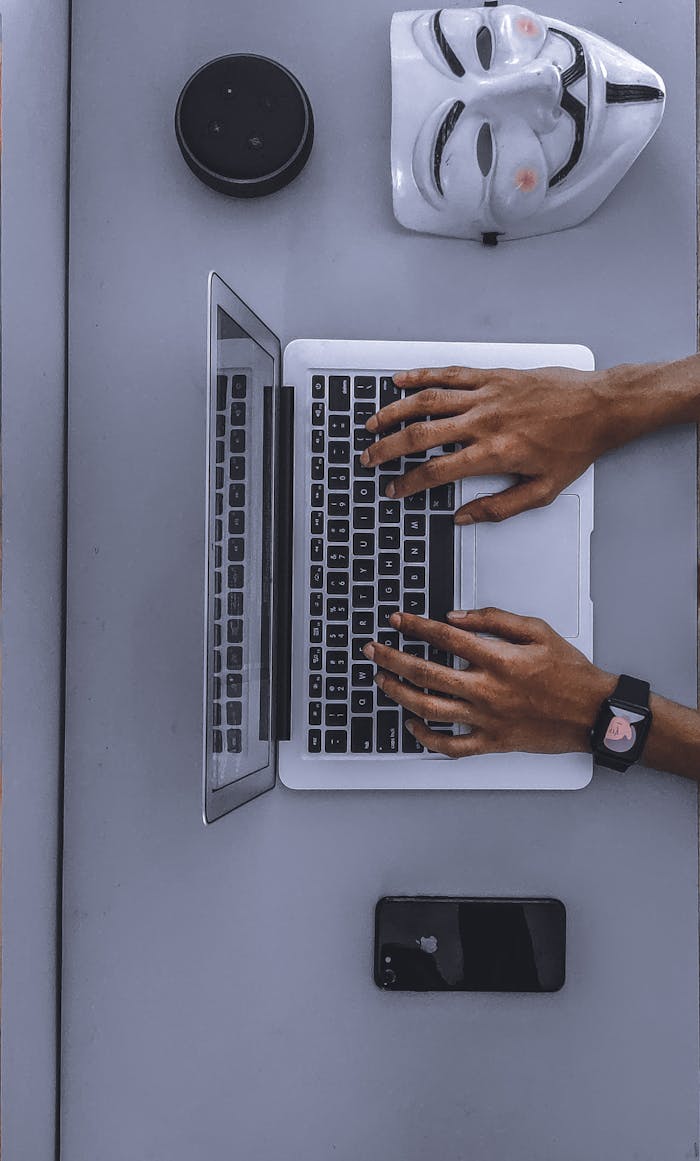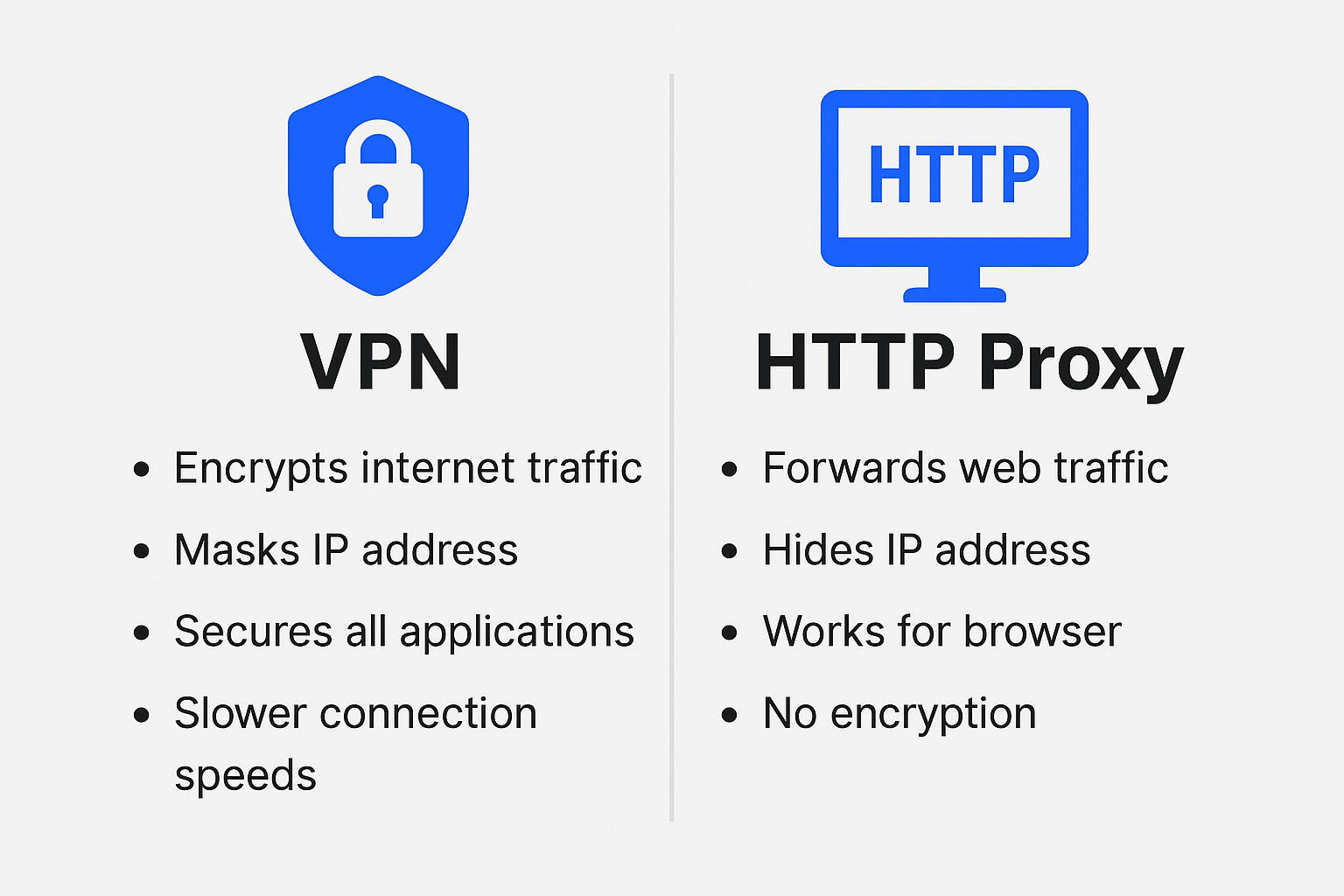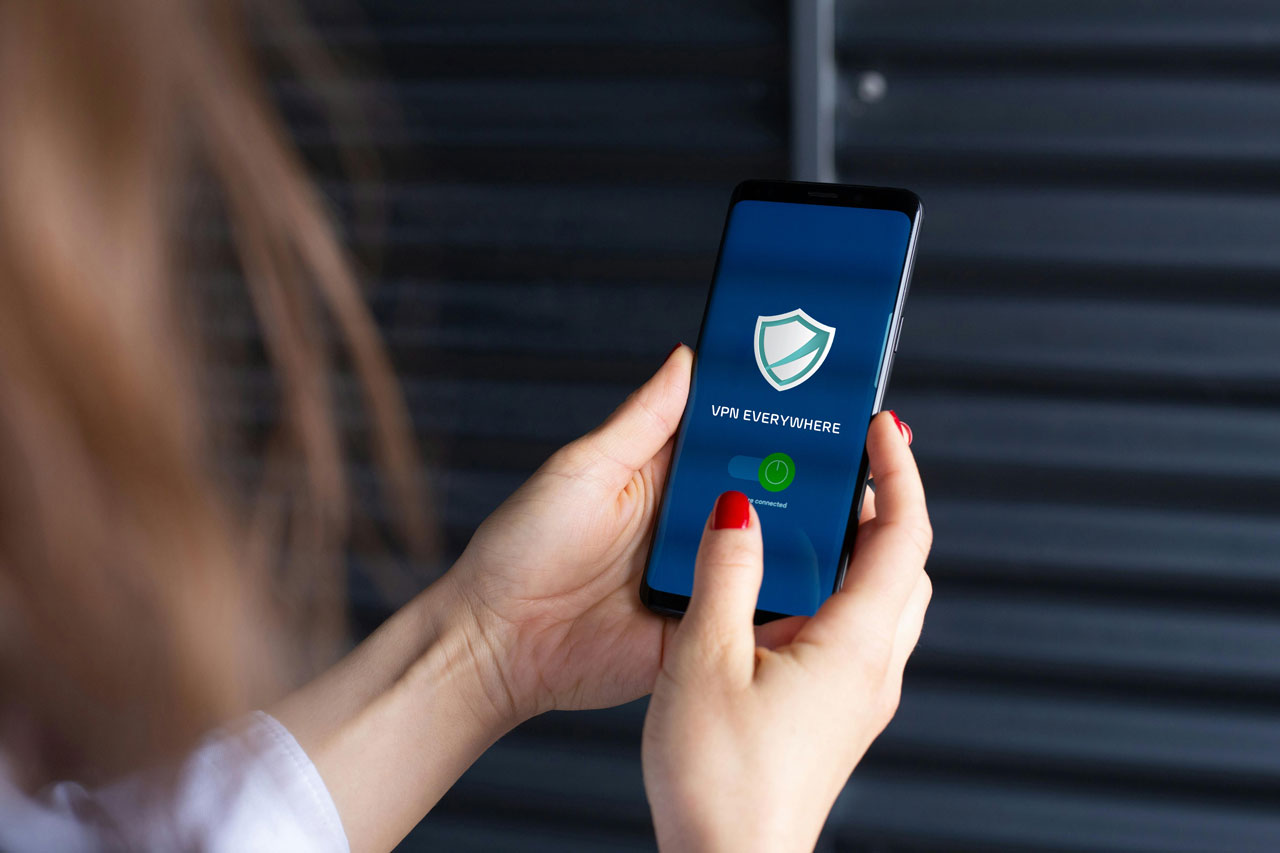Engaging Introductions: Capturing Your Audience’s Interest
In today’s digital world, protecting yourself online is just as important as locking your front door. Cyber threats lurk everywhere—from malicious hackers to sneaky scams. Whether you’re a beginner or just need a refresher, this guide will help you adopt good cybersecurity habits to keep your personal information safe.
1. Use Strong, Unique Passwords
A weak password is like leaving the keys in your car—you’re practically inviting trouble. Follow these steps to create strong passwords:
- Use a mix of uppercase and lowercase letters, numbers, and symbols.
- Make passwords at least 12 characters long.
- Never reuse passwords—each account should have a unique one.
- Use a password manager to keep track of them securely.
2. Enable Two-Factor Authentication (2FA)
2FA adds an extra layer of security beyond your password. When logging in, you’ll need something you know (your password) and something you have (a verification code sent to your phone or email). If a hacker guesses your password, they still won’t be able to access your account without the second step.
3. Beware of Phishing Scams
Cybercriminals love tricking people into revealing sensitive information. Protect yourself from phishing attacks:
- Never click on suspicious links or attachments in emails or messages.
- Check for spelling errors, unknown senders, and urgent language in emails.
- Verify website URLs before entering login credentials—look for ‘https’ and a padlock icon in the address bar.
4. Keep Your Software Updated
Hackers exploit weaknesses in outdated software. Stay protected by:
- Regularly updating your operating system, apps, and antivirus software.
- Turning on automatic updates to ensure you get the latest security patches.
- Removing unused apps that could pose a security risk.
5. Use Secure Wi-Fi Connections
Public Wi-Fi is convenient but dangerous. Hackers can intercept data easily. Here’s how to stay safe:
- Avoid accessing sensitive accounts (banking, email, etc.) on public networks.
- Use a Virtual Private Network (VPN) like VPN Everywhere to encrypt your internet traffic.
- If you must use public Wi-Fi, don’t enter personal information or log in to important accounts.
6. Back Up Your Data Regularly
Cyberattacks like ransomware can lock you out of important files. Protect your data by:
- Backing up important documents, photos, and files to a cloud service or external drive.
- Using automated backups to ensure your files are safe.
- Encrypting sensitive data for extra security.
7. Be Cautious on Social Media
Oversharing on social media can expose you to cyber risks. Protect yourself by:
- Avoiding posting personal details like your home address or phone number.
- Checking privacy settings to control who can see your content.
- Watching out for fake accounts and suspicious friend requests.
8. Think Before You Click
The internet is full of traps. Before clicking on a link or downloading a file, ask yourself:
- Is it from a trusted source?
- Does it look legitimate?
- Could it contain malware?


